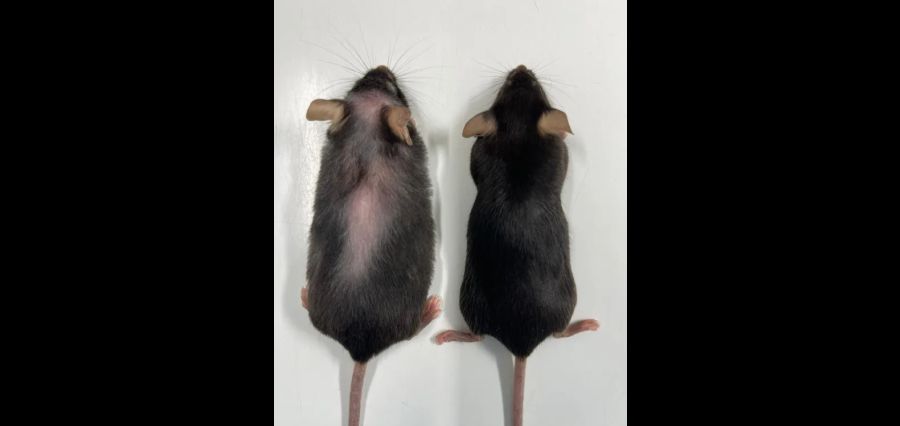Trinity College Dublin scientists have unearthed 4,000-year-old human molars containing evidence of bacteria responsible for tooth decay and gum disease. Discovered within dental remains extracted from a limestone cave in Limerick, an “unprecedented quantity” of streptococcus mutans DNA, a key culprit in cavities, was found. These teeth are presumed to have belonged to a man from the Bronze Age.
Alongside streptococcus mutans, the researchers identified other microbial strains linked to gum disease, including Tannerella forsythia. By analyzing the ancient bacteria’s genetic material, the team reconstructed their complete set of DNA. Published in Molecular Biology and Evolution, their study offers insights into the evolution of human diets over centuries, notably in relation to sugar consumption.
The rarity of streptococcus mutans in ancient tooth samples is highlighted, as this bacteria not only causes tooth decay but also degrades DNA. The conducive conditions of the cave in Killuragh, Co Limerick – cool, dry, and alkaline – likely facilitated the exceptional preservation of streptococcus mutans DNA.
Lara Cassidy, an assistant professor at Trinity, expressed surprise at the abundant presence of mutans in the 4,000-year-old tooth, indicating a high cavity risk before the individual’s demise. The elevated streptococcus mutans DNA levels may suggest an imbalance or disruption in the oral microbial community.
Furthermore, the researchers noted significant evolutionary changes in both bacteria from the Bronze Age to modern times, potentially influenced by humanity’s increased sugar consumption. Streptococcus mutans metabolizes sugars trapped in teeth to produce acids, enabling its proliferation and outcompeting similar bacteria.
Archaeologists have observed a surge in dental cavities in skeletal remains coinciding with the adoption of cereal agriculture, signaling a shift in human diets and its consequences on oral health.
Read More: Click Here








